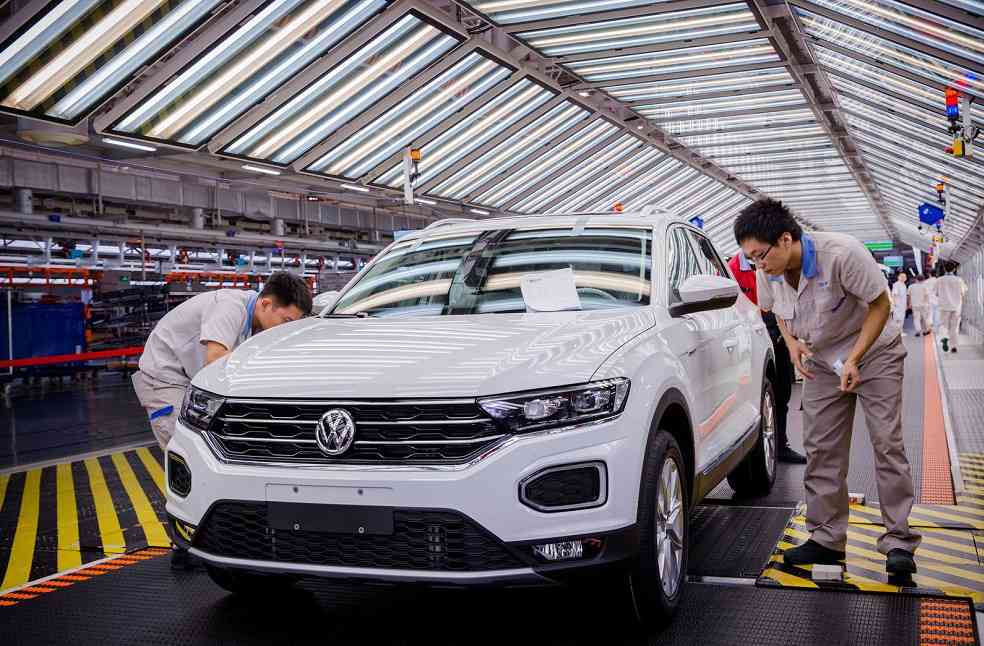Volkswagen revealed on Tuesday at the IAA Mobility Show that it will invest up to €1 billion ($1.18 billion) by 2030 to integrate artificial intelligence (AI) across its operations, to enhance manufacturing efficiency and strengthen digital resilience.
The AI investment is aimed at integrating machine learning across all areas of the company’s operations, from IT to industrial and engineering functions. The automaker will expand its use of artificial intelligence in vehicle development, IT infrastructure, and cybersecurity.
Volkswagen currently operates over 1,200 AI applications, with several hundred more either in development or close to deployment. The automaker’s Collaboration with Dassault Systèmes is focused on developing AI-powered engineering platforms for virtual testing and component simulations.
Volkswagen projects that these technologies could shorten vehicle development cycles by at least 25%, or around 12 months, and potentially save up to €4 billion by 2035. Additionally, AI tools are also being applied to support employee training and facilitate internal knowledge sharing.

Volkswagen also intends to scale up its cloud infrastructure across the group to manage sensitive data and strengthen digital resilience. The company is exploring the use of industrial AI models, including those built on Catena-X, a Europe-wide open data platform for the automotive industry that facilitates secure data sharing among partners like BMW, BASF, and Mercedes-Benz.
Volkswagen also stressed that political backing and innovation-friendly regulations are essential for European operations. The company emphasized the need for targeted incentives to accelerate the transition toward AI innovations.
Through this investment, Volkswagen is positioning artificial intelligence as a key force behind innovation, operational efficiency, and global competitiveness, with the goal of securing its leadership in the fast-changing automotive sector.





